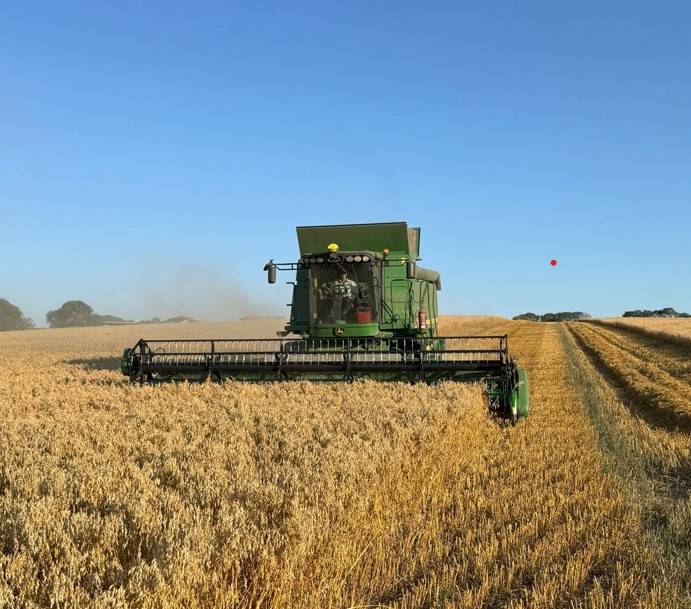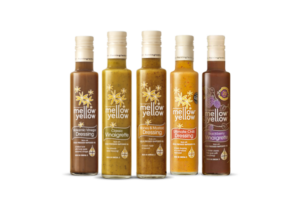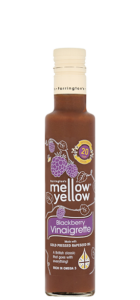Harvest is the high point of the farming year—equal parts adrenaline, exhaustion, and dry British humour. It’s when neighbours rally, teasing each other about the weather while sharing a quiet understanding of the hard graft behind the scenes.
This year, nature threw us a curveball. After a wet autumn that left seeds struggling in sodden soil, the rain stopped abruptly in February. From March to June, we had less than a third of our usual rainfall and record-breaking heat—just when crops needed moisture most. Plants rushed through their growth stages, desperate to set seed before the heat overcame them.

Our combine harvesting oats
The result? An unusually early harvest and frustratingly low yields. We began combining wheat on 14th July—weeks ahead of schedule—on light land that had completely dried out. The yield was half of what we’d expect, though at least it was dry, saving us on drying costs. Heavier clay soils fared slightly better, but still came in around 20% below average.
Rapeseed was a pleasant surprise. Back in March, we weren’t sure we’d get much at all, but it rallied. Yields were still down, but prices held up better than wheat, which has slumped globally.
Then came another curveball. On the final stretch of rapeseed, our 15-year-old combine developed a worrying noise. A worn bush in the grain separation sieves led to a week-long repair job at the local depot (accompanied by a bill the size of a small family car). In a year of poor yields and low prices, it was a bitter pill. But the machine’s now good for several more seasons, and buying a new one (at the cost of a small house) is simply not an option.
We got back to work, finished the rapeseed, and moved on to wheat, beans (a disaster), and finally spring oats, which thankfully met expectations. We wrapped up on 7th August. The grain store isn’t full, and prices are disappointing, but we’re done. Safe. And already thinking about what we’ve learned and how to do better next year.
Farmers are often accused of never being happy—but really, we’re just realists. We can’t control the weather. We take what nature gives, adapt, and carry on. Because deep down, we believe next year will be better. It always starts again. And when the rain finally comes—probably all at once—we’ll be grumbling about that too.

 Oils
Oils Rapeseed Oil
Rapeseed Oil Chili Oil
Chili Oil Dressings
Dressings Blackberry Vinaigrette
Blackberry Vinaigrette Classic Vinaigrette
Classic Vinaigrette Balsamic Dressing
Balsamic Dressing Honey & Mustard
Honey & Mustard Ultimate Chilli Dressing
Ultimate Chilli Dressing




